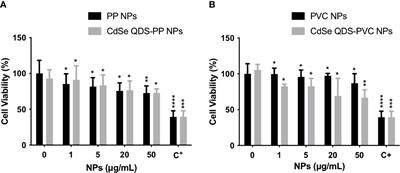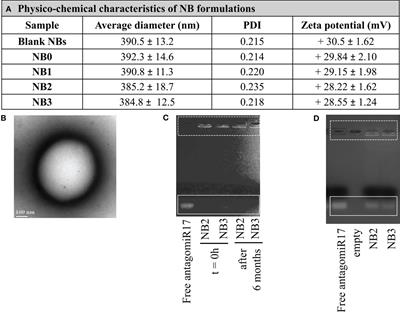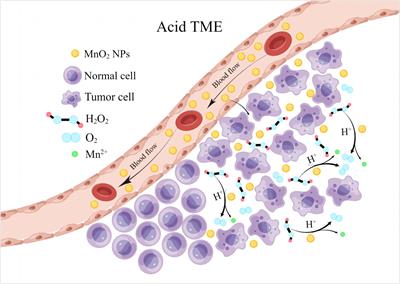ORIGINAL RESEARCH
Published on 07 Jan 2025
Titanium nanotubes modulate immunophenotyping and cytokine secretion of T cells via IL-17A: a bioinformatic analysis and experimental validation
doi 10.3389/fimmu.2024.1381158
- 436 views
4,317
Total downloads
12k
Total views and downloads
ORIGINAL RESEARCH
Published on 07 Jan 2025
OPINION
Published on 18 Nov 2024
ORIGINAL RESEARCH
Published on 08 Sep 2023

ORIGINAL RESEARCH
Published on 08 Jun 2023

REVIEW
Published on 28 Feb 2023
